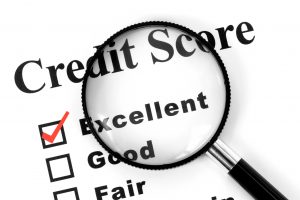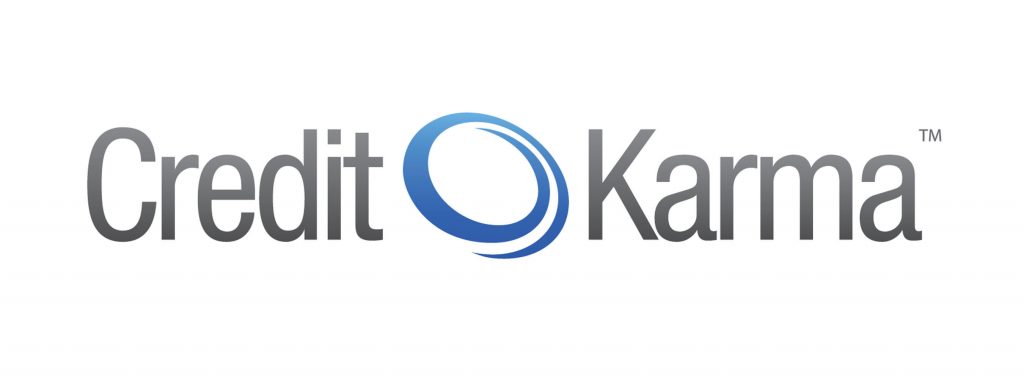By Ryan H. Law
In response to the Credit Card Act of 2009 many credit card issuers have raised rates, raised minimum payments, lowered credit limits and added on extra fees.
Here are some statistics:
- 53% of 2000 people surveyed reported an increase in their credit card interest rate in the past year. One card increased its rate up to 79.9%. That’s not a typo – 79.9%!
- 26% reported reduced credit limits
- 21% reported increased fees
Source: Credit Card Tricks and Traps http://www.rd.com/advice-and-know-how/credit-card-tricks-and-traps/article175291.html
So do you just have to put up with this from your credit card issuers? Of course not!
If you are finished paying too much of your hard earned money to interest and fees, then it’s time for you to develop a debt elimination plan. Here’s what you need to do:
- Make a commitment to STOP charging things to your credit cards. Cut the cards up, shred them or do whatever you need to do to stop using your cards.
- Build up an emergency fund. If you use your credit card for emergencies, you can avoid doing that in the future by building up an emergency fund. Experts recommend you have 3-6 months of expenses saved up. Make that your long-term goal. For the time being, though, try to get one full paycheck in the bank as soon as possible.
- Gather up all of your recent statements and make a list that has the creditor name, amount owed, minimum payment and interest rate. For our example let’s use the following numbers:
| Creditor Name | Amount Owed | Minimum Payment | Interest Rate |
| Citicard | $14,567 | $230 | 18% |
| Discover | $994 | $60 | 12% |
| Visa | $7729 | $262 | 29% |
| Student Loans | $19,334 | $223 | 6.8% |
| Auto Loan | $21,000 | $406 | 6% |
- Pay the minimum on each card and any extra towards your highest interest loan. A common mistake people make if they have an extra $50 is to put $20 on this card, $10 on another, etc. If you concentrate any extra money on one debt, though, you will get it paid off much faster.
- Make Power Payments. When you have paid off your first debt, roll that amount over to start paying on your next highest interest rate debt. It would look like this:
| Visa | Citicard | Discover | Student Loan | Auto Loan |
| $262 | $230 | $60 | $223 | $406 |
| $262 | $230 | $60 | $223 | $406 |
| – | $492 | $60 | $223 | $406 |
| – | $492 | $60 | $223 | $406 |
| – | – | $552 | $223 | $406 |
| – | – | – | $775 | $406 |
Can you see how powerful this technique is? Using this technique can save you thousands of dollars in interest and shave years off your repayment time.
There is software available that will help you set this up and give you detailed payment calendars. It was developed by Utah State University Extension and is available online, for free. The software is called Power Pay and you can access it at http://www.powerpay.org (note: if you have an iPad or iPhone you can access an app from the homepage of that website).
I plugged the numbers above into the software and here are the results:
Paying the debts off without power payments will take you 16 years, 10 months to pay off. The total you will pay back is $112,104.09, with $48,480.09 being interest!
If you pay using power payments, though, it will take you 6 years, 5 months to pay off with a total payoff of $90,891.04 ($27,267.04 being interest).
Power payments save you 10 years and 5 months and $21,213.05 in interest!
There is also a feature on Power Pay where you can add extra payments, so if you are getting a tax refund you can plug that in there, or if you can devote an extra $100 to debt you can plug that in there.
I encourage you to take some time to plug your own information in the software to see how power payments will benefit you.
Share this:

